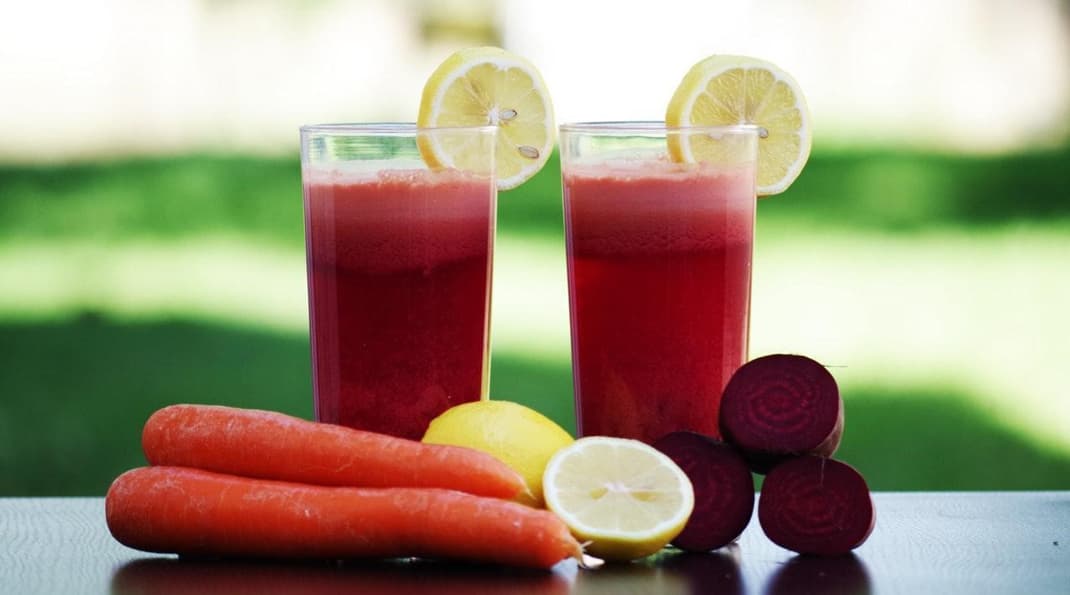Why we need protein

After water, protein is the main component of cells and is essential to life.
Protein is used to build and maintain these parts of our body:
- Muscles - Those responsible for movement and the muscles around our organs and our heart.
- Collagen - Provides strength and structure to tissues (e.g. cartilage in joints).
- Skin, hair and nails - These are mainly composed of protein.
- Haemoglobin - Transports oxygen around the body.
- Hormones - Act as your body’s chemical messengers.
- Enzymes - Regulate metabolism - they support important chemical reactions that allow you to digest food, generate energy to contract muscles, and regulate insulin production.
- Antibodies - Play a role in your immunity.
After the age of 50, unless we act to prevent it, we may lose 1% of muscle mass each year and with it, muscle strength.1
It’s important to maintain muscle mass because it’s what helps keep us strong and keeps us moving – and that’s what helps contribute to living a full and active life. Combining adequate dietary protein spread over the day with resistance exercise training using all the major muscle groups helps maintain muscle mass.3,4
KEY FACT
Muscle strength has been shown to decrease by approximately 20-40% from the age of 20 to 70 years, and by above 50% by the time we reach 90 years.5
The protein challenge
It’s common for people to eat less as they age, and there can be a number of reasons this can happen. Whether it’s due to low interest in cooking, a lack of appetite, changes to smell and taste, people can miss out on getting the nutrients they need – despite their nutritional needs often being increased.
Getting adequate amounts of protein can be challenging for many older adults.
Increasing protein has been shown to be of benefit though, with studies showing a higher intake of protein helping to reduce muscle loss associated with ageing2,3, and therefore helping to maintain muscle strength and function.
Getting the protein we need
Protein is a complex structure, made up of smaller building blocks called amino acids linked together. Some of these amino acids are ‘essential,’ meaning they are crucial for life and cannot be produced by the human body - therefore you need to obtain them from your diet.
As our body is not able to store amino acids in the way it can with carbohydrates and fats, we need to make sure we obtain it daily through what we eat, from:
- Animal sources, such as meat, fish, eggs and dairy products - these contain the full range of essential amino acids
- Nuts, grains, legumes and tofu – individually these don’t contain the full range of amino acids, so a combination of different types should be eaten
- Protein-containing nutritional supplements – useful in ensuring protein needs are met if the diet may be inadequate.
NUTRITION TIP
Get protein from a variety of sources and make it a part of every meal.
References
Thomas DR. Loss of skeletal muscle mass in ageing: Examining the relationship of starvation, sarcopenia and cachexia. Clin Nutr. 2007;26,389–399.
Scott D, Blizzard L, Fell J, Giles G, Jones G. Associations between dietary nutrient intake and muscle mass and strength in community-dwelling older adults: the Tasmanian Older Adult Cohort Study. J Am Geriatr Soc 2010; 58:2129-2134.
Houston DK, Nicklas BJ, Ding J, et al. Dietary protein intake is associated with lean mass change in older, community-dwelling adults: the Health, Aging, and Body Composition (Health ABC) Study. Am J Clin Nutr 2008; 87: 150-155.
NHMRC Nutrient Reference Values for Australia and New Zealand, 2005. https://www.nrv.gov.au/nutrients/protein (accessed November 2016).
Bauer J, Biolo G, Cederholm T, et al. Evidence-based recommendations for optimal dietary protein intake in older people: a position paper from the PROT-AGE study group. J Am Med Dir Assoc 2013; 14: 542-559.




